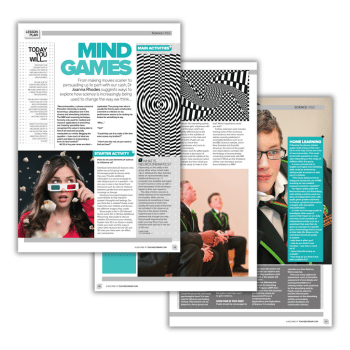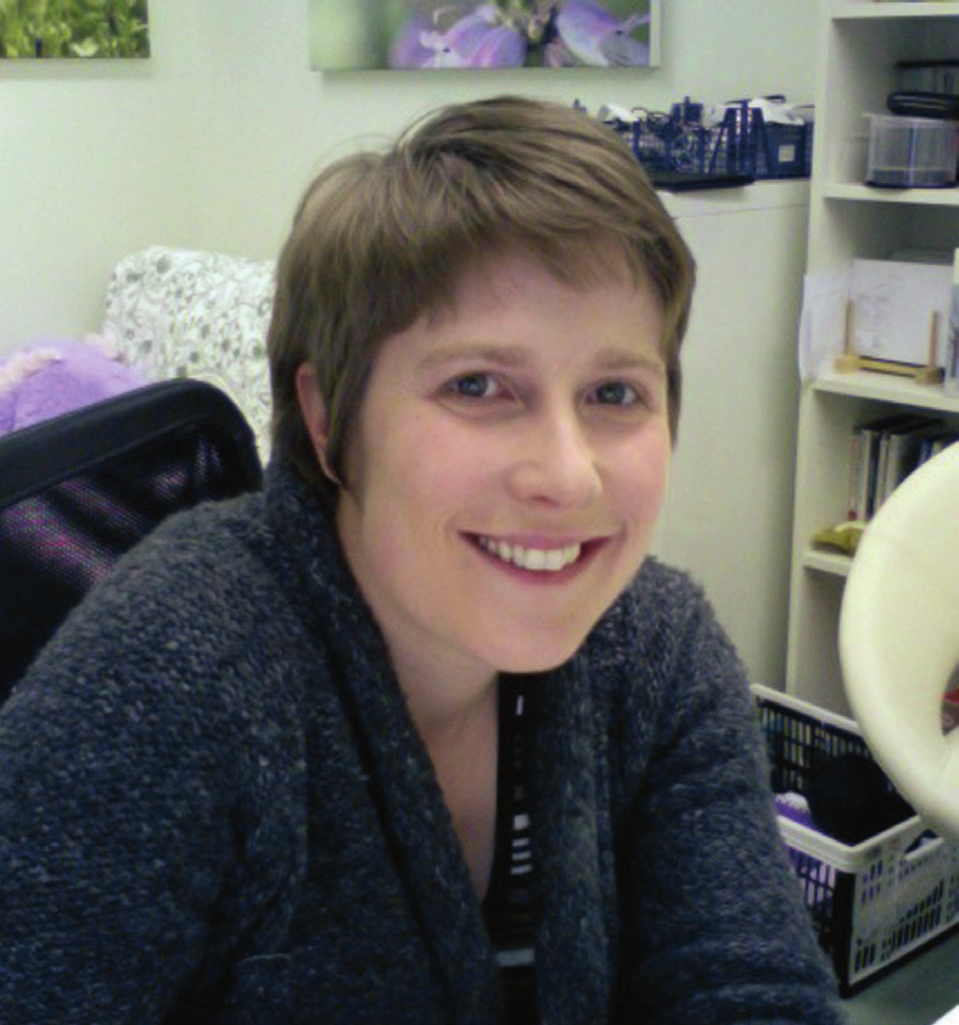From making movies scarier to persuading us to part with our cash, Dr Joanna Rhodes suggests ways to explore how science and neurocinematics is increasingly being used to change the way we think…
Neurocinematics, a phrase coined at Princeton University, is quickly becoming a ubiquitous tool in the cinema and advertising industries. The MRI brain scanning technique formerly only used for medical and research applications is branching out.
Industry specialists have recognised the value in being able to, first of all, read and, secondly, manipulate our minds. This begs the question – how much of what we watch and listen to is becoming a form of mind control?
Learning objectives
- Investigate how different ways of looking at pictures or watching films affect our thoughts, feelings and enjoyment.
- Explore how the creative application of scientific ideas such as MRI scans can be used to change the way people think and behave.
- Explain how a consumer society has led to the need for ever more scientific advertising and filming techniques; and how the industry has responded, affecting society as a whole.
- Debate the ethical and moral implications of influencing society. Is the ‘buy button’ a real possibility when marketing a product? Can a scary film go too far?
Starter activity
Distribute laminated 2D illusions onto tables set up for group work. Encourage pupils to discuss what they see.
Provide additional information in a secret envelope to add intrigue (such as a question – do you see a vase or two faces?) and resources such as rulers to measure between parallel lines that appear to converge or diverge.
Introduce how psychologists have used inkblots to help interpret people’s thoughts and feelings. Do you think this is reliable?
Pupils could make their own inkblots and discuss the different imagery they create. Show pupils a film in 2D followed by the same film in 3D.
Ask pupils to discuss whether 3D enhances your viewing. Explain how 3D is an illusion created inside your brain and the ways in which other illusions like the 2D and 3D ones you have seen can affect your perspective.
Dr Joanna L. Rhodes M.Chem, D.Phil, MRSC is a teacher of science at Shelley College, Huddersfield.














